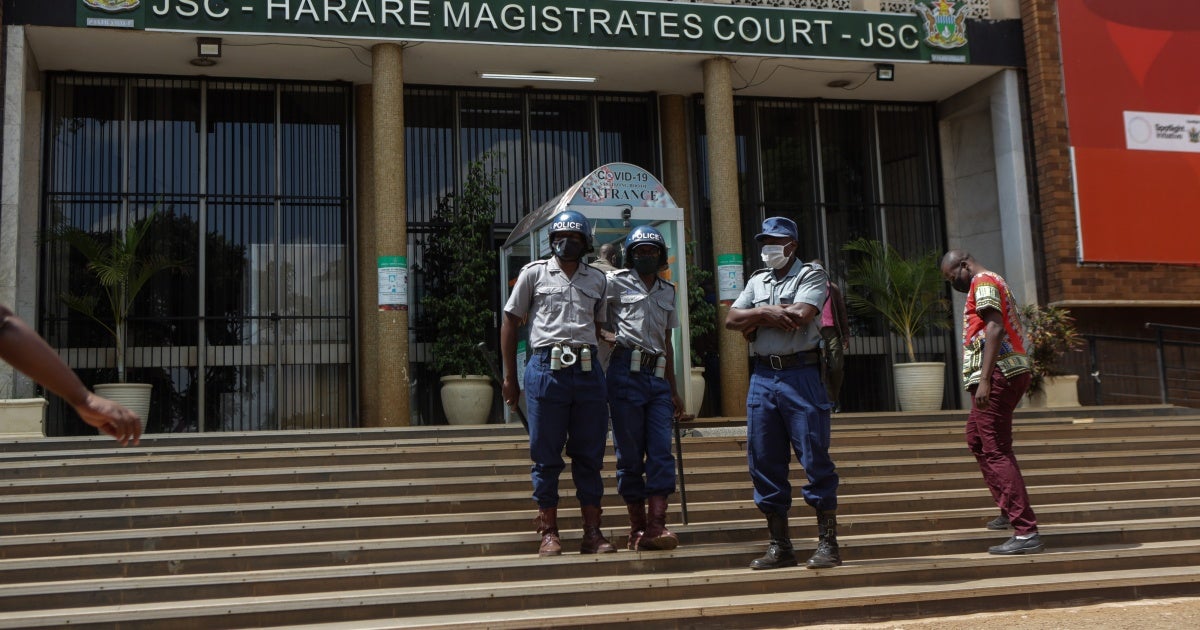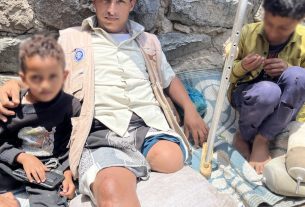A Zimbabwe court has sentenced labor activist Obert Masaraure to a US$200 fine or two months in prison, for a social media post calling for the release of another trade unionist.
Masaraure was convicted of obstructing justice after posting a message on X, formerly known as Twitter, calling for the release of trade unionist Robson Chere. The sentence includes a four-month prison term suspended for five years.
Masaraure is the national president of the Amalgamated Rural Teachers Union of Zimbabwe (ARTUZ), an organization defending the labor rights of rural teachers and the right to education in Zimbabwe’s rural communities. The authorities have repeatedly targeted him for his activism. Masaraure was originally arrested in January 2019 for “subverting a constitutionally elected government and inciting public violence.” In June of that year, he was arrested again and spent five days in jail for allegedly violating the bail conditions set after his January arrest. A court released him after finding he had not violated bail conditions.
In January 2021, the authorities arrested Masaraure and 15 ARTUZ members and charged them with “participating in a gathering with intention to promote public violence, bigotry and breaches of peace” after participating in a teachers’ protest. In June 2022, upon his return from receiving a prestigious human rights award in Dublin, Masaraure went to the Harare Central Police station for a routine bail hearing relating to his 2021 arrest. There he was arrested and charged with the murder of youth activist Roy Issa. He was charged in Issa’s death despite a 2016 court inquest eliminating any form of foul play. The cases against Masaraure prior to 2022 seem to have been settled with him accepting fines and various bail agreements.
Masaraure’s suspended sentence is contingent on his good behavior. However, after years of judicial harassment, it is clear the police need little reason to arrest Masaraure and threaten him with prison to deter his activism.
Zimbabwe’s authorities should stop weaponizing the law and the legal system against Masaraure and others who defend and campaign for human rights. Instead, they should ensure that the rights to freedom of expression, association, and peaceful assembly are fully respected.


